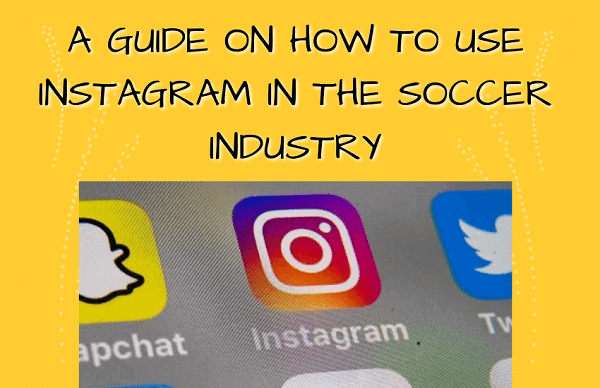Users of social networks have more possibilities than you think of having security problems. Your social media accounts could be exposed to cybercriminals and other malicious people. In reality, social media itself has access to all your conversations, and even your phone can hear you through the microphone.
The privacy on social networks is a topic much discussed lately, with serious doubts about how social networks use your personal data. If you want to maintain your security on social networks, there are some ways to make sure that nobody but you has access to all your personal information.
How to guarantee the security of your social networks
Table of Contents
1. Set up a virtual private network (VPN)
A VPN consists of one or more servers that allow you to access the Internet, but that serve to hide your location from any other connected person . This group of servers acts as a second location and maintains the privacy of your location. The only real benefit of setting up a VPN is security, as anyone who wants to access your account activity would be completely frustrated. In the past, it was much more difficult to set up a VPN, especially if you are not an IT person. However, today anyone can set up a user-friendly VPN.
2. Uninstall social networks from the phone
If you have reason to suspect that your data has been used without their consent, you may want to take the extreme step of completely uninstalling Facebook or another social network from your phone. Facebook, for example, has enormous control over peripherals connected to the phone , such as the camera and microphone. These peripherals can be used to store information about you, which in turn allows advertisers to access all of that data to offer personalized advertising to each user.
3. Change your passwords
It is one of the simplest things you can do to increase security on your social media accounts. This action provides you with a certain level of protection against phishing and other attempts by hackers to violate your privacy. It can be a bit annoying or annoying, but changing passwords frequently is one of the best ways to deter attacks by cybercriminals. When you change the password, make sure it’s not easy to guess, like a phone number or a birthday. And of course, don’t use the same everywhere.
4. Check app permissions
Each application that you install on your phone requests a series of permissions, some of them totally unnecessary. Check which of them are enabled and keep control of your privacy. For starters, check access to your phone’s location, as well as the use of the microphone or the camera. If you have location tracking activated, any application can collect information about your whereabouts and store it, so that advertisers can use it in the future. If a hacker intercepts this information, they can also use it for malicious purpose
5. Review friend requests
Have you ever considered the possibility that any of the friend requests you receive are from hackers? Well, they could be, and it’s a very easy way for hackers to gain access to your personal information. If someone requests to be your friend, you should know them in real life before adding them to your social media account. Or at least it’s worth reviewing your profile before allowing it to access your personal data .
6. Make your profile private
All of the above is useless if your profile is public, since anyone will be able to see all your information. Everything you post on social networks is visible to other users. Anyone can find you if your profile is public. Make your account private so that only your friends can see your publications, photos, stories and information about you.
7. Use safe browsing
Whenever you are surfing the Internet, you should avoid unsafe sites. Sites that are so will be identified with the HTTPS prefix before the URL . Having this level of security means that any exchange between you and the other party is fully encrypted, and it is useless to try to steal your information.
8. Log out when connected
If you are using any social media platform, before closing the laptop or leaving the phone, you should disconnect. Social networks have the ability to track all your activity when you leave the application open, even if you are not using it, to collect data about you. This information is shared with advertisers, so your privacy is not very assured. Before you start doing something else, close the session.
9. Remove cookies
Deleting cookies can be inconvenient, since it will eliminate saved passwords and other information that makes it easier for you to access the accounts you may have. However, it also eliminates a possible security breach, since cookies store information about you that hackers may collect. Your browser settings manage which cookies are stored on your computer, and you can selectively delete those that you do not want to keep.
10. Close the accounts you are not using
If you have deprecated social media accounts, you should disable them entirely , so that hackers can’t access them. You can completely remove such accounts, along with any associated information, so that they cannot be used by malicious individuals. All traceable personal data must be deleted when closing old accounts.
Seeing ads that are relevant to you and are not intrusive because they are showing the product you want is a good thing for you. But you must be clear about what information you are sharing for this to be so. Never make the mistake of thinking that your online information is private, unless you follow all the tips above to ensure that your security on social networks is not compromised .



